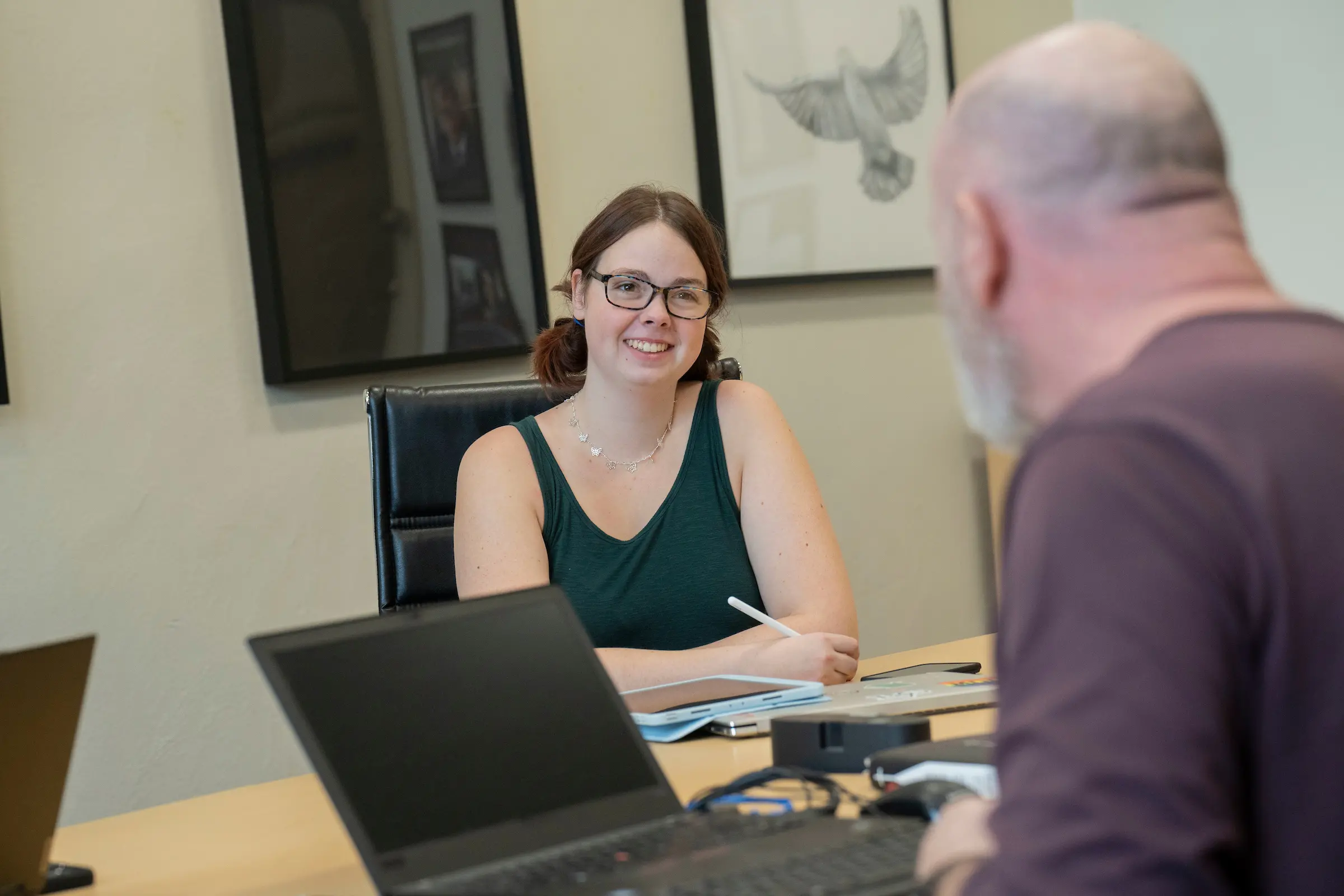
New Student Advising
As an enrolled first-year or transfer student, you’ll get close advising from a faculty member in your intended major even before you come to campus. Your advisor will assist with your class schedule. Be sure to activate your LVC email account, as they will use that account to reach you.
New Student Advising Day
Enrolled first-year and transfer students take the next step on their Dutchman journey by attending one of the New Student Advising Days. Students will schedule courses with an advisor, meet their fellow classmates, and explore residential and academic life at LVC. NSAD also includes parent sessions focused on the transition from high school to college and how LVC’s resources can best support students.
Register for one of the following dates:
Schedule of Events
Completing the following steps will help ensure you are prepared for your advising session.
1. Take a short online language placement survey. Completing the language placement survey helps you and your advisor plan your coursework. A link to this assessment is available in your application portal and should be completed before New Student Advising Day.
2. Set up your LVC email account. You can find your login information for your LVC account in your application portal under the Enrollment Forms link, or if you just deposited, within a few days from your enrollment date. If you experience any issues, visit our Information Technology website or email solutions@lvc.edu. All official college emails related to advising and enrollment will come to your LVC account, so you should check it regularly.
3. If required…complete math placement testing. Only students whose majors require or who wish to take a calculus course have to take the math placement test. If applicable, a link to this test will appear in your application portal.
4. Choose a First-Year Experience (FYE) Course. Most new students must complete two FYE courses during their first academic year. This small, seminar-style course develops writing and critical reading skills, and the one-credit companion course assists students with the academic and emotional transition to college. Each FYE course is centered around a specific topic such as The American Dream, Social Justice, Film and Society, Sports Journalism, and more. Descriptions of the courses for Fall 2025 can be viewed here. You will use the selection form in your LVC application portal (under the Forms/Info) to rank your top five FYE preferences.
What to Expect During Your Advising Session
1. Get to know your advisor. Your advisor will play a significant role in your academic life. It is their responsibility to support and guide your success from the time you arrive until you cross the stage at graduation. They are experienced professionals in their field, but they are also mentors who care about your needs. Don’t be afraid to ask questions about internships, advice for succeeding academically, what you should be doing to prepare for the semester, or where they like to eat in the area. You want to cultivate this relationship throughout your college career!
2. Tell them information about yourself. Are you playing a sport? What was your favorite subject in high school? What are you most nervous about for college? Your advisor can help you make the smartest decisions for your future ONLY if they know the whole story.
3. With your advisor, you will complete the following:
- Declare your major and minor, if applicable: if you are undecided, choose our exploratory major.
- Schedule major courses, or if you’re an Exploratory major, schedule a variety of courses based on interests. You can search for courses in AccessLVC (select “Course Catalog”).
- Choose several alternate courses in case the chosen courses are full.
Our Registrar’s Office goes through each student’s course selection individually, working diligently to try and get students their top course choices. These hand-crafted schedules are just one example of how we consider and value each and every student. Course registrations for fall will be processed throughout the summer and will be available in mid-August. You will be able to see your final schedule in AccessLVC; students will be notified once course schedules are released.
FAQs
Before You Arrive
Before New Student Advising Day, please complete your Language Placement Test and set up your LVC email account.



